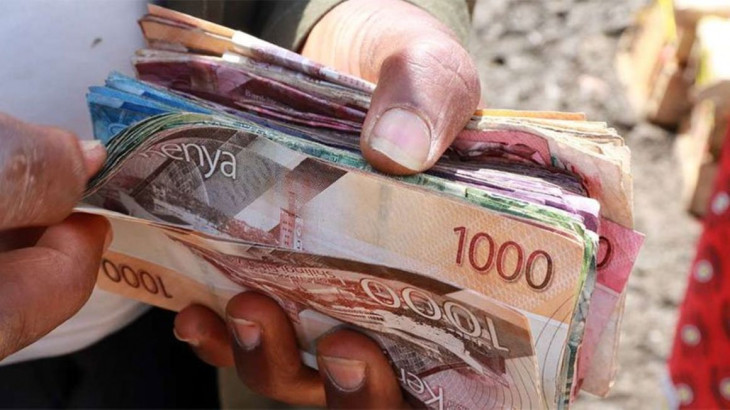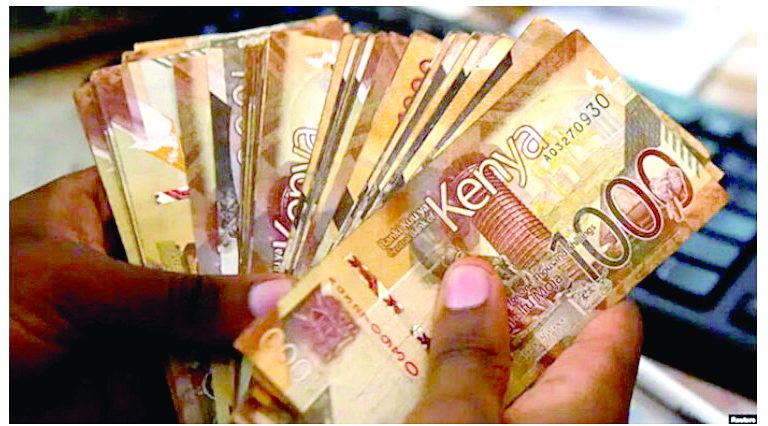Lobby says legal hitches lock out crypto billions

A blockchain lobby group has proposed the formation of a Virtual Assets Service Providers (VASPs) Bill that will open doors for the government to start regulating the sector just like conventional financial institutions.
This after it emerged that members have been withholding, but not remitting tax to the Kenya Revenue Authority (KRA), due to existing legal hitches.
If adopted, the bill will pave the way for the issuing of Virtual Assets (VAs) licenses to operating firms, offer mechanisms for tax remittance, enhance consumer protection, and promote future innovation.
Blockchain – a decentralized database or ledger of transactions – remains unregulated in Kenya but not prohibited as a form of currency.
While appearing before the National Assembly’s Finance and National Planning committee, the Blockchain Association of Kenya (BAK) argued that due to the regulatory gap on digital assets, companies are not setting up bases in Kenya, leading to cuts in revenue growth.
“We are lobbying for VASPs. It will set the pace for a clear licensing and regulatory framework, which will see companies willing to come here in Kenya. We can work with bodies like CMA () to enhance capacity to manage, audit, and on-board blockchain technology,” the legal and policy director at BAK, Allan Kakai, told the Kuria Kimani-led Finance Committee.
In the Finance Act 2023, a 3 per cent Digital Asset Tax (DAT) was introduced effective September 1, but this has been met with opposition from BAK, citing double taxation.
The finance committee heard that since September 1, the association, composed of 20 members, have been withholding but not remitting any tax to the Kenya Revenue Authority (KRA) due to existing legal hitches that do not allow them to own bank account.
The Finance Act defines a digital asset as anything of value that is not tangible and includes cryptocurrencies, token codes, and numbers held in digital form, which can be exchanged with or without consideration and can be transferred, stored, or exchanged electronically.
DAT was introduced as income tax but imposed on the gross value of the asset instead of gains and profit, meaning even loss-making service providers must still pay the tax. BAK now wants the DAT to be scrapped.
Kuria has consequently directed the association to collaborate with parliament to present the official VASPs Bill in the next two months for consideration, which, if executed, could adopted in the next Finance Act 2024 to realign the tax measures.
“Before the end of next year, we need to have a Digital Currency Act and have proper legislation in that space. We are losing a lot of money from this sector because there is no regulation,” said Kuria.
Regulating the sector will further allow the government to monitor and flag suspicious transactions in line with the Anti-Money Laundering and Countering Terrorism Financing (AML/CTF) framework assented by President William Ruto last month.
Blockchain analytics firm Chainalysis, which tracks crypto adaptation per country, recently flagged at least 20 cryptocurrency service providers suspected of terrorism financing but warned it is a very small portion of illicit transactions.
The Central Bank of Kenya (CBK) has severally warned against cryptocurrency, terming it unsafe. Cryptocurrency is estimated to be worth $1.18 trillion globally, with Sub-Saharan Africa accounting for 1.7 per cent, with Kenya being among top 20 .












